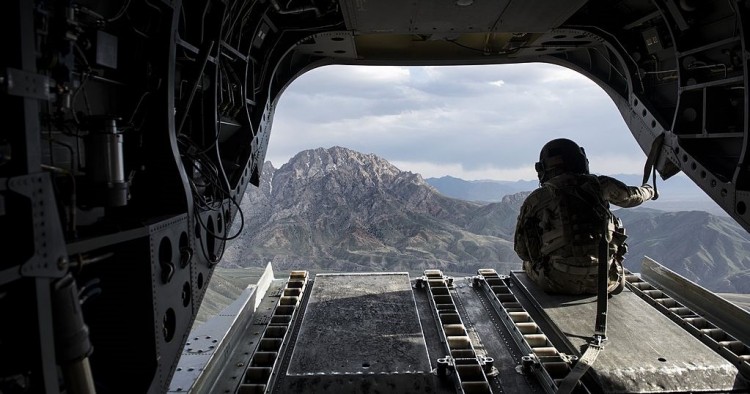The U.S. appears well on its way to signing an agreement with the Afghan Taliban, in all probability later this month. It is hoped that the terms of this accord, unlike the one unexpectedly rejected by President Donald Trump in September 2019, will be revealed before the signing. At this point there are a number of fairly certain elements in the tentative agreement, but many questions remain open to speculation.
Among its provisions, the agreement is expected to call for a 7-day period of reduced Taliban violence, supposedly to test the group’s sincerity and ability to control its forces in the field. The Taliban will also pledge to disassociate itself from al-Qaeda and like-minded terrorist organizations. The U.S. will agree to reduce its forces initially by at least 5,000 troops and after a period of time make a full withdrawal. There will be an exchange of prisoners in which 5,000 or more Taliban fighters will be released in exchange for about 1,000 government troops. Then, 10 days or so after the signing, intra-Afghan talks are supposed to begin
Once formally announced, we may learn about the planned pace and sequencing of a U.S. troop withdrawal and, crucially, how long U.S. airpower would remain available to Afghan security forces. We have yet to learn whether any initial reduction of violence will extend beyond a week into a de facto cease-fire, as many hope. Also to be determined is the scope of any reduction in violence. And how would it be decided that the Taliban had broken the deal, or whether the Taliban had in fact disowned al-Qaeda? Would the U.S. be ready to reintroduce military forces if the Taliban clearly violated the agreement? Further, will ISIS and other insurgent groups feel impelled to upset any agreement with the Americans?
Whatever else it may do, the pending agreement is intended to provide the political cover for a U.S. departure from Afghanistan at an opportune time with this an election year. The present deal forces the issue of whether Afghans can, left on their own, compromise on their differences. None have succeeded in nearly 45 years of civil war, and the present conflict with the Taliban, essentially a struggle over core values, appears more intractable than any before.
Marvin G. Weinbaum is MEI's Director for Afghanistan and Pakistan Studies.
Photo by BRENDAN SMIALOWSKI/AFP via Getty Images
The Middle East Institute (MEI) is an independent, non-partisan, non-for-profit, educational organization. It does not engage in advocacy and its scholars’ opinions are their own. MEI welcomes financial donations, but retains sole editorial control over its work and its publications reflect only the authors’ views. For a listing of MEI donors, please click here.













